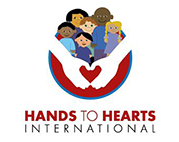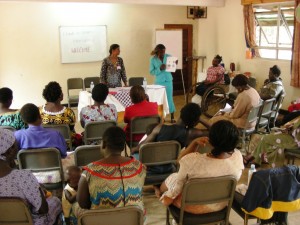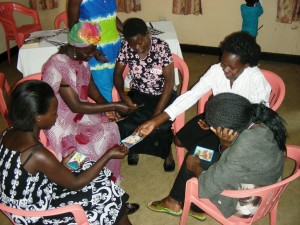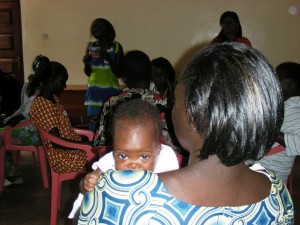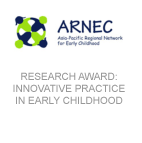A few weeks ago I introduced you to the amazing women of Locan Rebe, in Kampala, Uganda (see 2 entries down, Uganda ~ Courage, Survival & Inspiration ). Their history would give them labels such as “victims” and then “survivors” – of war, of refugee camps, of rape, terror and poverty, or they could have the labels of “slum dwellers” or “HIV+”… but I now feel I know them and these are not the words that come to my mind to describe any of them. (And just as a side note, I do not think I have ever seen anyone “dwell” in a slum, I have seen them work tirelessly, struggle, overcome unthinkable daily obstacles, unite, battle, collapse and rise again, and yes, I see them “survive”, but never have I seen them “dwell”).
Last week, HHI led our trainings about early childhood development in Kampala, teaching the mothers of Locan Rebe about how every day they can and do make a dramatic difference in their child’s health, nutrition and development. As usual the women reveled in the opportunity to learn, to listen, talk and interact. They soaked up the information and engaged deeply in learning how to observe and understand what the babies were communicating.
It was fascinating to see that some of the mothers, and the grandmothers, who have raised over 10 children, initially were not able to identify the different body language of a happy/snugly baby, versus the slightly annoyed, upset baby. Many of us think these signs would be obvious. In the US we are flooded with baby books, baby DVDs and shows, and most US parents are hyper-attentive, potentially even obsessive, to every nose scrunch and wiggle, but this is not the case in many places of the world. Consider an environment where there are no book stores, let alone bookstores with entire baby sections. Environments where schooling is a privilege that is hard to come by, hours of everyday are consumed by a long walk to a community water pump where you stand in line under the scorching sun, to then turn back around and haul this precious, though extremely heavy treasure back to your home. These are places where hunger is a daily issue and being able to serve your children one meal a day is a triumph, while at night you wrap your children’s group bed with a mosquito net (if you have one), which make the night even more hot and stifling, but keeps them alive. By now you might have a slightly better understanding of why theses mothers may not have spent their time taking careful notes about their baby’s moods and communication.
It turns out that the component Hands to Hearts’ teaches about understanding a baby’s communication is one of our most popular and life altering. It gives mothers a whole new insight into what their baby wants and needs and it then allows them to better meet these needs, thus improving their ability to care, soothe and nurture their children – the bonds of trust and love grow stronger, in both directions. As one mother from this training group put it, “this has reminded us of what we have forgotten as being the best of mothers to our children.” Another reported in her training evaluation, “this has changed my life, I will never be the same.”
This returns me to how I now describe these women. The words that come to mind are “inspiring”, “loving”, “committed”, “tenacious” and overwhelmingly “generous”. They left HHI’s trainings with powerful new insights into themselves and their babies, and they left me humbled, inspired and more determined than ever to bring Hands to Hearts to mothers and caregivers around the world!
And, lastly, I will echo the same sentiments, “this experience changed me, I will never the be the same”.
See all the pictures from these trainings on our FaceBook page – click
